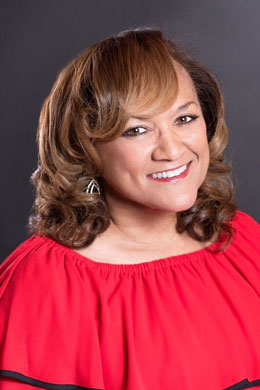As the owner of a new home, you should be pleased that you have successfully negotiated all the financial requirements to close the deal and take possession of your new place. However, the down payment and mortgage are just the beginning of new financial demands. Owning a home has plenty of expenses that need careful consideration as you plan your new budget.
Making the House a Home
You will likely have a few updates in mind to shape your new home to your tastes. Many of these tasks can be spread out over the upcoming months, but there are some you may want to complete immediately. For example, painting the rooms in colors you like or replacing worn floor treatments might be on your list right away. If the windows facing the street or looking into your neighbor’s house are bare, you may want window blinds, draperies, or sheers sooner rather than later. These updates can be expensive, even if you provide the manpower.
If you’ve purchased a fixer-upper, you probably have plans for what needs to change first. Remodeling a kitchen or bathroom is costly. Knocking down a wall between two small rooms to create a larger space is pricey, too. Figure out your priorities, make a list, and create a reasonable project plan that fits your budget.
Utilities
If you are a first-time homeowner, you are probably used to having some or all of your utility bills covered with your rent payment. More will be required of you now. The list generally includes: electricity, gas, water, sewer, trash and recycling. You may choose to add others, such as internet access and cable. Some of these may be much larger than you paid as a renter. Before you move in, you can ask your real estate agent to contact the seller’s agent to see if you can get a look at the current owner’s utility bills. This will give you a head start in mapping out your monthly expenses.
Maintenance and Repairs
If you were a renter, you reported maintenance issues and expected that the landlord would take care of the repairs. Disasters like a broken hot water heater, a backed up sewer, or issues with the heating and air conditioning system can be very pricey. Termites, a cracked foundation, and dry rot can be calamities.
Even smaller problems like a broken dishwasher or a jammed garbage disposal are the kinds of expenses that must be included in your budget. Maybe you’ll get lucky and avoid some of these surprises, but eventual maintenance costs are inevitable. Lawn maintenance and exterior painting are two such examples.
Stay ahead of the game by getting important things like the HVAC system, roof, and water heater inspected annually. Build an emergency fund to cover possible maintenance issues – both the unexpected and the routine. You are likely to spend a few thousand dollars every year on home repairs and improvements.
Plan Wisely
In addition to your home projects, you want to be able to easily pay bills, buy gas and groceries, and enjoy an occasional evening out. Other life expenses, such as saving for retirement, college or travel cannot be overlooked. Plan ahead to stay in good shape.

